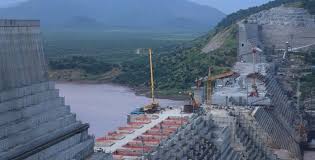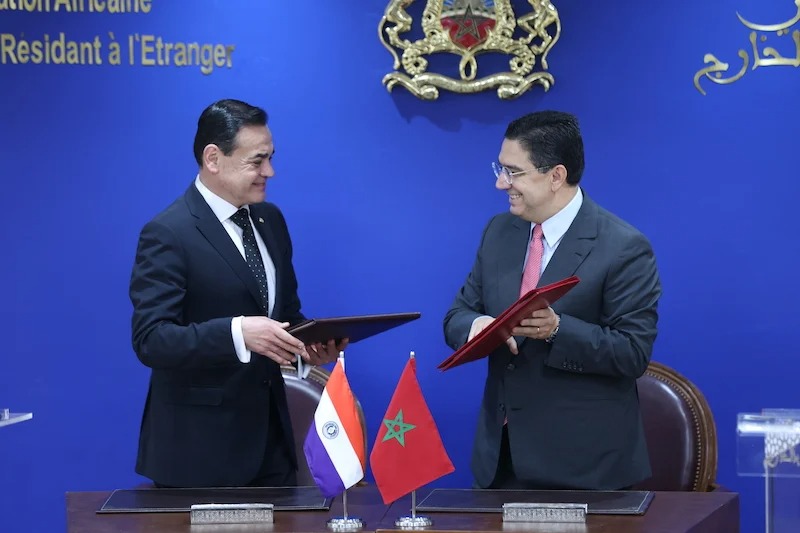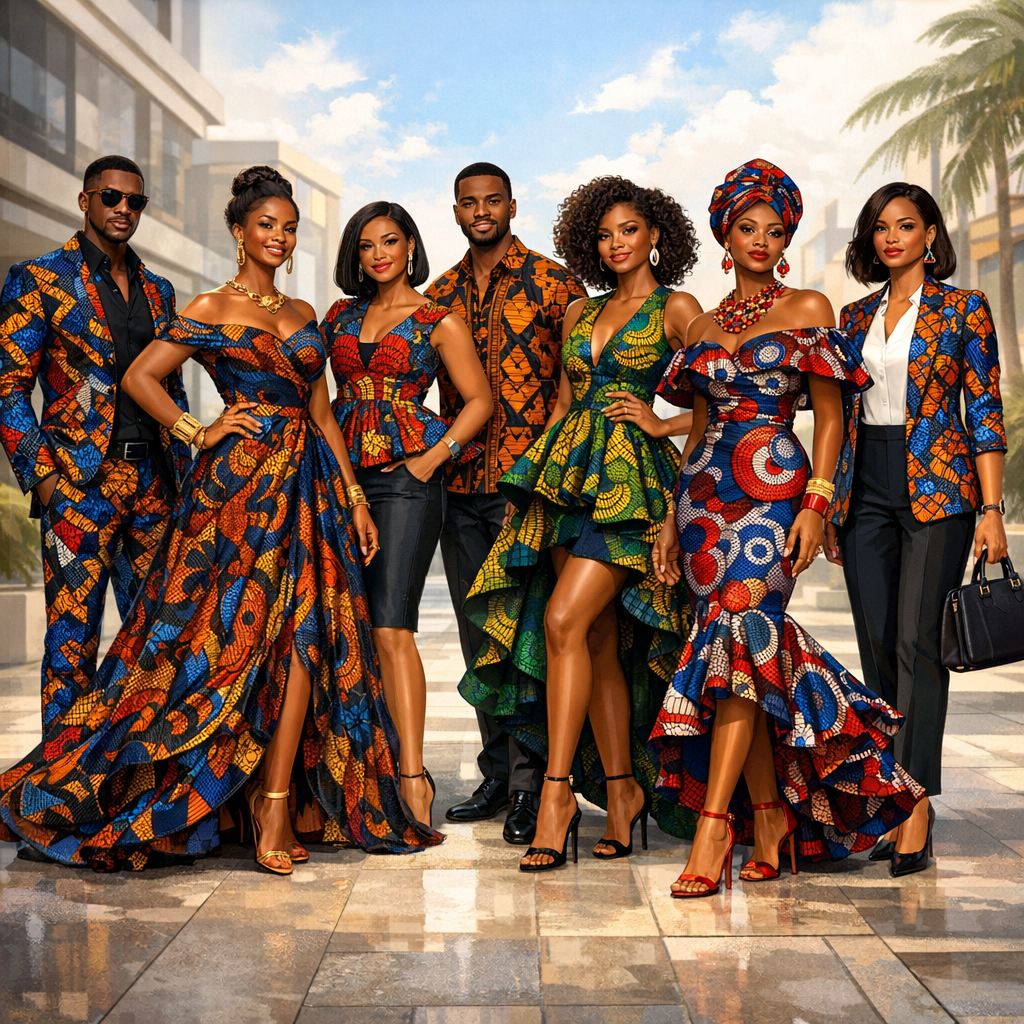
Ethiopia has officially opened the Grand Ethiopian Renaissance Dam (GERD), a megaproject under construction for over a decade and a half, and is Africa’s largest hydroelectric power station.
A hulking fortress of concrete slung across a section of the Blue Nile in western Ethiopia, the dam will soon produce around 6,000MW of electricity, more than doubling Ethiopia’s total output at a stroke.
A vision of nation-building based on modernity and provision of services, not on shared history
In a ceremony held onsite at the edge of the GERD’s massive reservoir on Tuesday, foreign dignitaries joined Prime Minister Abiy Ahmed in celebrating the completion of a project first launched under the leadership of Meles Zenawi, the long-ruling Ethiopian leader who served as prime minister until his death in 2012.
When Meles began the project in 2011, international financial institutions were unwilling to put up the money, so Ethiopia had to source nearly all of the funding itself. Millions of Ethiopians bought bonds to finance the dam or contributed to fundraisers. Civil servants donated part of their monthly salaries and banks were also leaned on to lend to the project.
READ MORE Is a war between Egypt and Ethiopia brewing on the Nile?
This huge collective effort meant the dam became more than an infrastructure project, but rather a rare embodiment of national unity in a country riven by ethnic divisions.
The GERD represents “a vision of nation-building based on modernity and provision of services, not on shared history”, a former Ethiopian official tells The Africa Report, asking for anonymity. “Nation-building based on the future, not on the past.”
“The Grand Ethiopian Renaissance Dam stands as a collective achievement of the Ethiopian people,” Jawar Mohammed, a prominent opposition politician in exile, wrote on X. “To fully realise its economic and symbolic value, Ethiopia must also put an end to war and restore peace.”
Shortened guest list … and a surprise
The guest list for the inauguration was a largely all-African affair, with prominent dignitaries including Kenyan President William Ruto, African Union chairperson Mahamoud Ali Youssouf and Djiboutian President Ismail Omar Guelleh.
Leaders from non-African countries were invited to attend, but it was later decided to limit the guest list due to logistical concerns, The Africa Report understands.
The presence of one attendee was something of a surprise to many observers: Somali President Hassan Sheikh Mohamud, widely known as HSM.
HSM has, over the past year, drawn closer to one of Ethiopia’s regional adversaries – Egypt. Cairo has bitterly opposed the dam, which it views as an existential threat to its supply of water from the Nile, since its construction began in 2011.
In recent weeks, Somalia caused some disquiet in Addis Ababa by preparing to welcome Egyptian troops to Somalia, ostensibly to fight Al-Shabaab.
Notable absences at the GERD opening
Egyptian and Sudanese representatives were the most notable absences during the festivities. Last week, the two countries released a joint statement warning that the dam “breached international law and would cause grave consequences to the two downstream countries”.
A legal agreement is the only way to preserve everyone’s rights, under international law, to benefit from the waters of the Blue Nile
Experts have argued, however, that Sudan would stand to benefit from the GERD, which could allow it to expand its use of irrigation by regulating the seasonal flow of water through the Nile.
Sudan was at one point enthusiastic towards the project, but has since adopted Egypt’s hardline stance against it. Egypt is an important supporter of the Sudanese Armed Forces (SAF) in that country’s civil war.
n an interview published in July, Sudan’s former water minister, Yasser Abbas, conceded that the GERD could provide Sudan with “numerous benefits”.
Yet he insisted that “a binding legal agreement on filling and operation, or at least the exchange of information, is a prerequisite” for turning those benefits into a reality.
“Sudan believes that Ethiopia has the right to build the Grand Ethiopian Renaissance Dam to utilise the waters of the Blue Nile and also believes in its right to protect its water security,” Abbas said. “It’s not too late. A legal agreement is the only way to preserve everyone’s rights, under international law, to benefit from the waters of the Blue Nile.”
Source:The Africa Report


